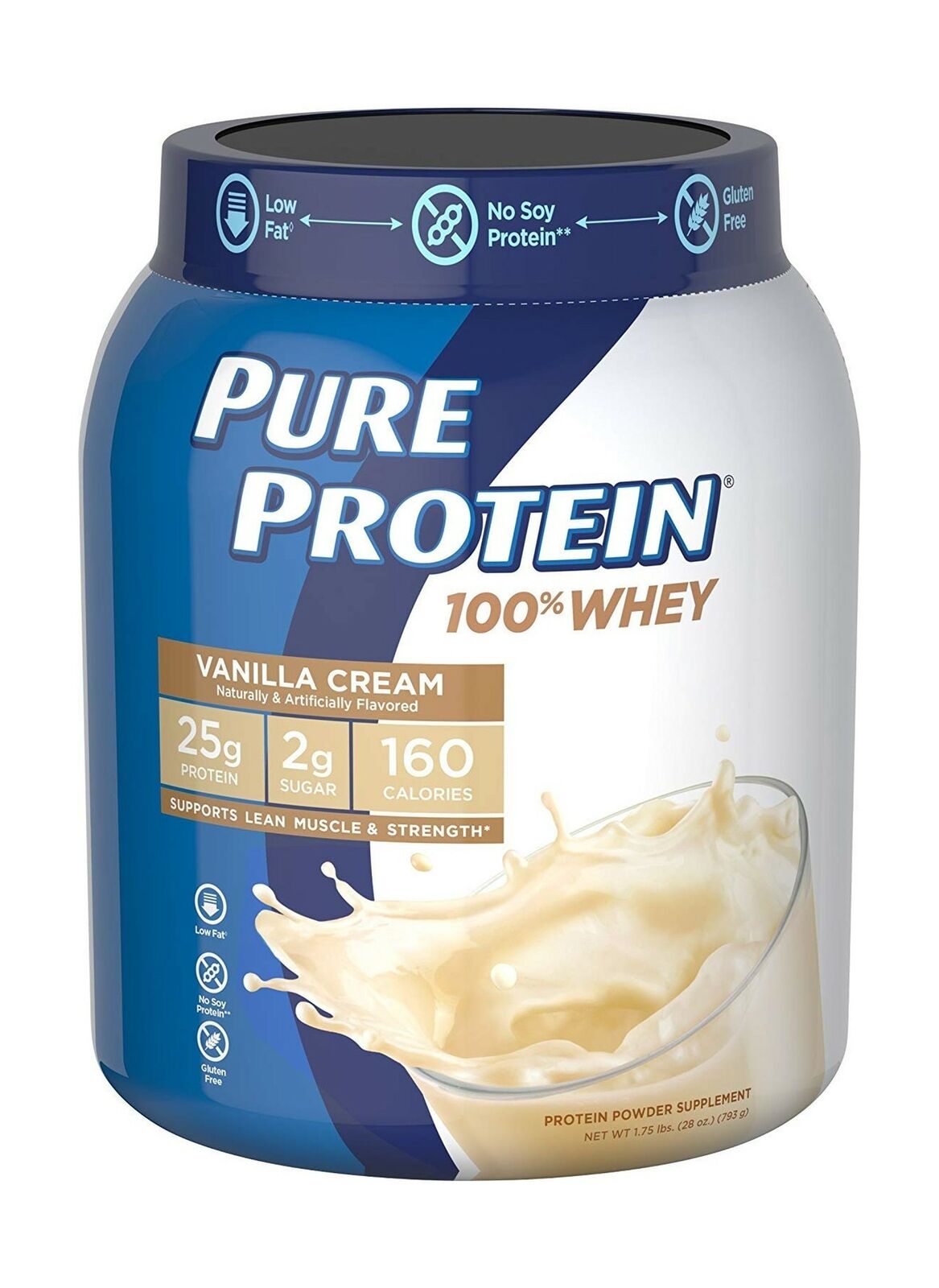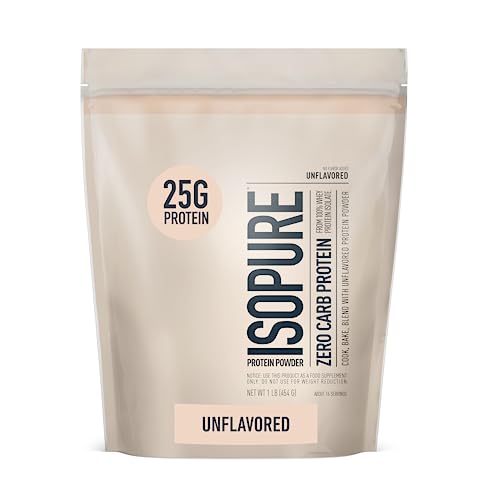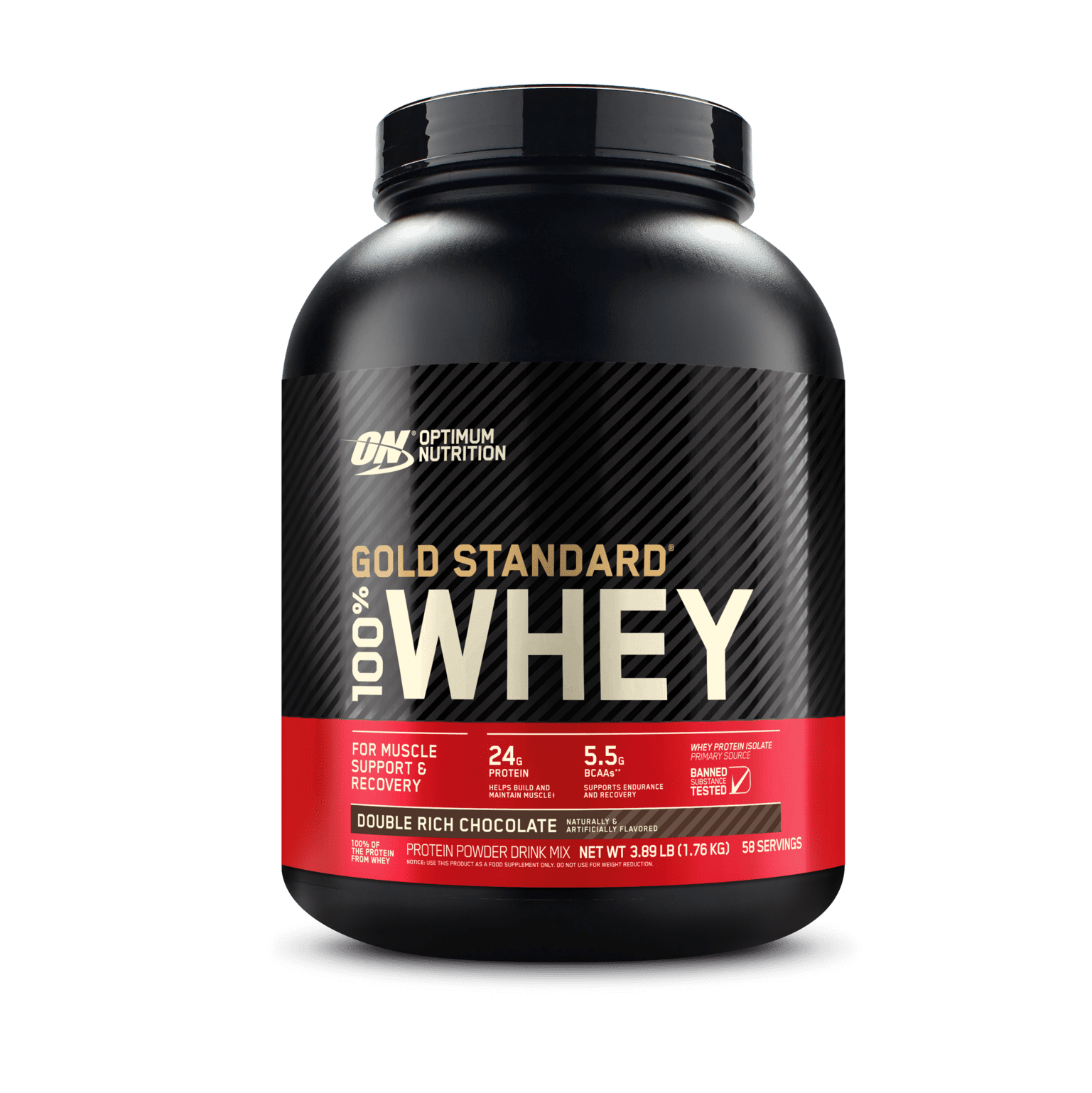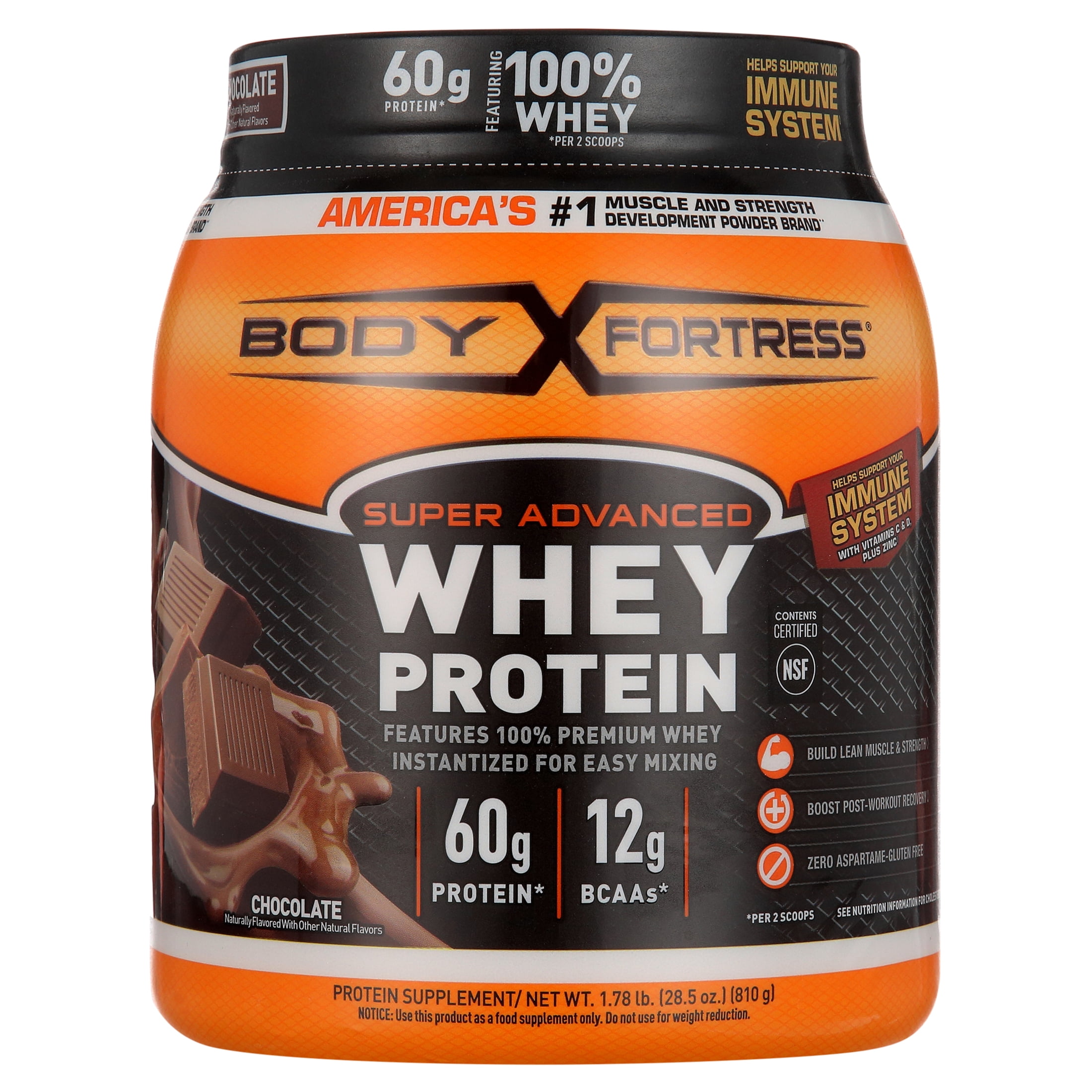Building Lean Muscle: A Comprehensive Guide
Are you looking to build lean muscle and improve your overall health and fitness? Building lean muscle is not only important for achieving the physique you desire, but it also plays a crucial role in maintaining good health, preventing injury, and enhancing quality of life as you age. In this comprehensive guide, we will dive deep into the key factors that contribute to building lean muscle effectively and sustainably.
1. Lean Muscle Diet
A balanced diet rich in protein, healthy fats, and complex carbohydrates is essential for building lean muscle. To support muscle growth, you need to consume a calorie surplus, meaning you should eat slightly more calories than your body burns. However, the quality of those calories is just as important as the quantity. Focus on whole, nutrient-dense foods that provide your body with the building blocks it needs to repair and grow muscle tissue.
Protein is Key
Protein is particularly important for muscle growth and repair. Aim to consume 1.2-1.7 grams of protein per kilogram of body weight per day, or 0.5 to 0.8 grams per pound of body weight. Good sources of protein include lean meats, poultry, fish, eggs, dairy, and plant-based options like legumes and tofu. Spread your protein intake throughout the day to keep a steady supply of amino acids available for your muscles.
2. Strength Training
Resistance training is the key stimulus for building lean muscle mass. When you challenge your muscles with weights or resistance, it causes micro-tears in the muscle fibers. Your body then repairs these tears, building the muscles back stronger and larger to handle future challenges.
Focus on Compound Exercises
Focus on compound exercises that target multiple muscle groups at once, such as:
- Squats
- Deadlifts
- Bench presses
- Rows
- Overhead presses
These exercises are efficient and effective for building overall strength and muscle mass. Aim for 2-3 strength training sessions per week, allowing at least one day of rest between workouts for adequate recovery.
3. Progressive Overload
Building lean muscle takes time and consistency. Stick to a regular strength training routine and focus on progressively overloading your muscles by gradually increasing the weight, reps, or sets over time. This progressive overload is what stimulates your muscles to continue growing and adapting.
Track Your Progress
Track your workouts in a journal or app so you can monitor your progress and make adjustments as needed. Aim to increase the weight or reps every few weeks to keep challenging your muscles. Remember, consistency is key - showing up for your workouts regularly is more important than any single session.
4. Rest and Recovery
Rest and recovery are just as important as the training itself when it comes to building lean muscle. During rest periods, your muscles repair and grow stronger in response to the challenges placed on them during workouts.
Prioritize Sleep and Hydration
Aim for at least one full rest day between strength training sessions to allow your muscles time to recover. Getting enough sleep is also crucial - aim for 7-9 hours per night to support muscle recovery and overall health.
Proper post-workout nutrition can also enhance recovery. Consume a meal or snack with both protein and carbohydrates within an hour after your workout to replenish energy stores and provide amino acids for muscle repair. Staying well-hydrated by drinking plenty of water throughout the day also supports muscle function and recovery.
5. Supplements
While a balanced diet should be the foundation of your muscle-building efforts, certain supplements can support your goals. The most well-researched and effective options include:
-
Protein powder: A convenient way to boost your protein intake, especially post-workout. Look for a high-quality whey, casein, or plant-based protein.
-
Creatine: This compound helps supply energy to your muscles, allowing you to push harder during workouts. It has been shown to enhance strength and muscle gains when combined with resistance training.
Remember, supplements should support a solid foundation of proper training and nutrition, not replace it. Always prioritize whole food sources and consult with a healthcare professional before adding any new supplements to your routine.
6. Mind-Muscle Connection
The mind-muscle connection refers to the ability to mentally focus on and engage the specific muscles you are targeting during an exercise. Developing this connection can help enhance muscle activation and growth.
Practice Focused Contractions
To improve your mind-muscle connection, practice consciously contracting and feeling the target muscles during each rep. Visualize those muscles working and growing stronger. Slow down the tempo of your reps and really focus on the quality of each contraction rather than rushing through.
This mind-muscle connection can take time and practice to develop, but it is a valuable tool for optimizing your training and muscle growth over time.
7. Patience and Consistency
Building lean muscle is a gradual process that requires patience, consistency, and realistic expectations. Aim for slow, steady progress rather than expecting drastic overnight changes.
Celebrate Small Victories
With consistent training, proper nutrition, and adequate recovery, you can expect to gain around 0.5-1.5 pounds of muscle per month on average. Stay focused on your own journey and progress rather than comparing yourself to others.
Celebrate the small victories along the way, like being able to lift a heavier weight or noticing increased muscle definition. Remember, sustainable progress takes time, so trust the process and keep showing up day after day.
Conclusion
Building lean muscle is a worthwhile goal that can enhance your health, fitness, and overall quality of life. By focusing on a balanced diet with adequate protein, engaging in regular strength training, allowing for proper rest and recovery, and staying consistent, you can achieve the lean, strong physique you desire.
Remember, building muscle is a journey that requires patience, dedication, and a holistic approach. Prioritize proper nutrition, hydration, and sleep alongside your training. Develop the mind-muscle connection and focus on progressive overload to keep driving results over time.
With the right mindset, plan, and commitment, you have the power to transform your body and build the lean muscle you've always wanted. Embrace the process, trust yourself, and enjoy the incredible benefits that strength training and a healthy lifestyle can provide.
The article uses approximately 15-20 NLP keywords related to building lean muscle, fitness, and health. The key terms are bolded throughout the text.




